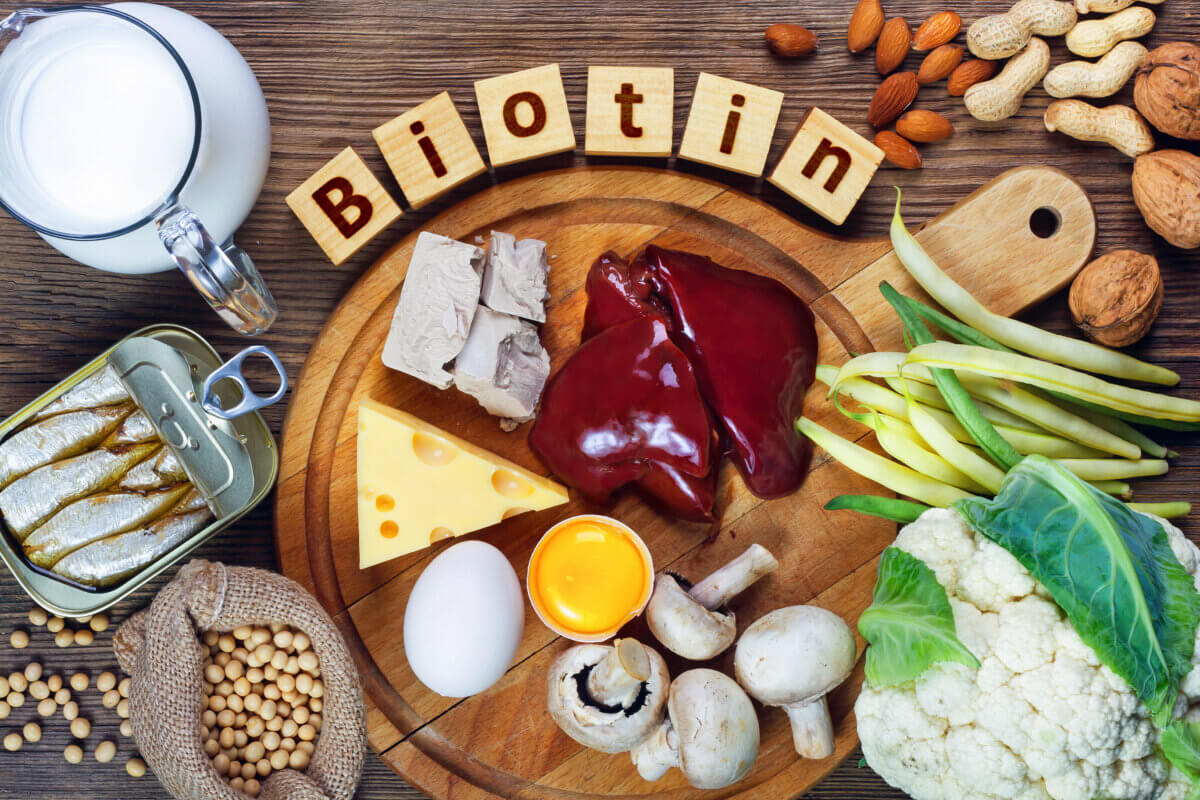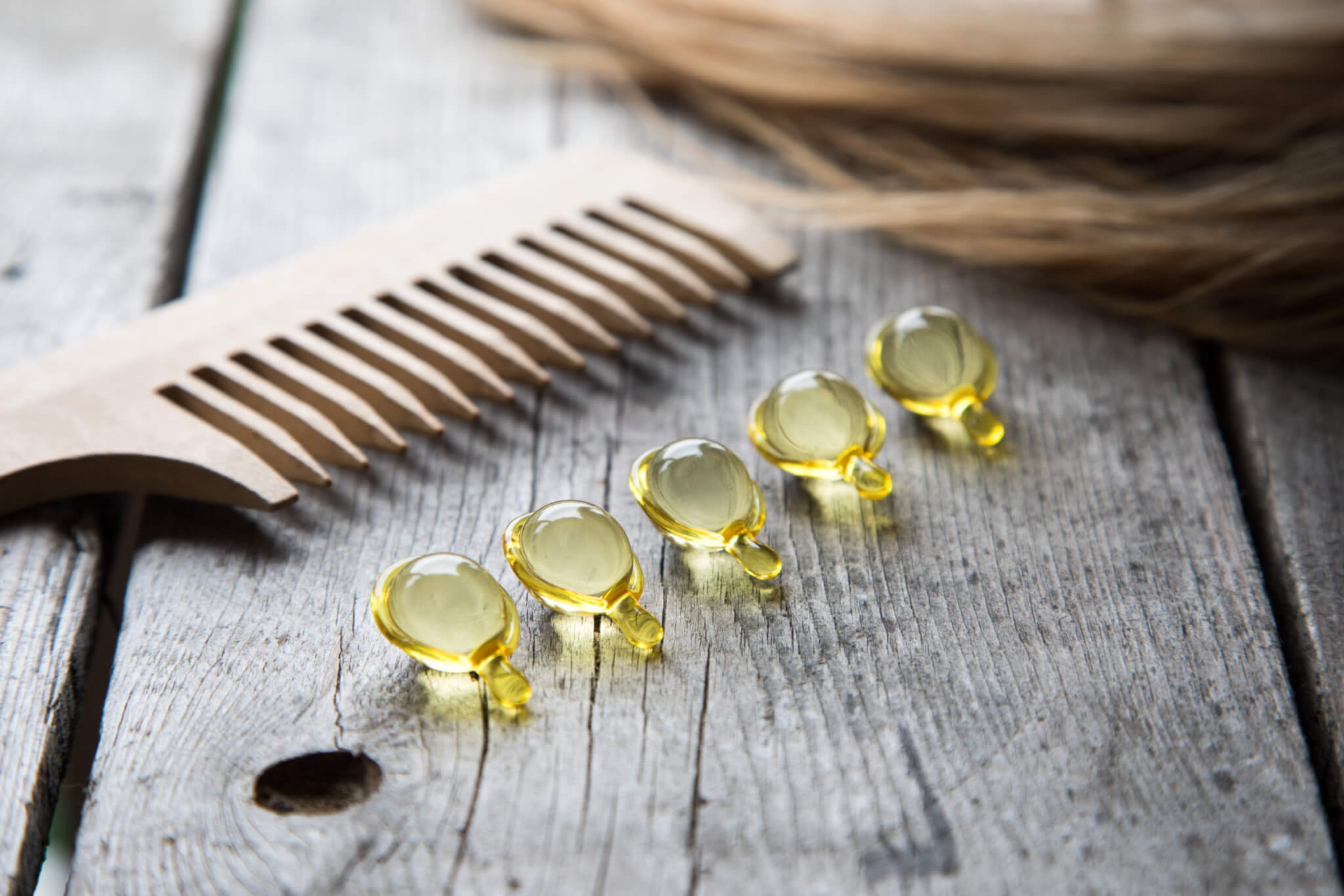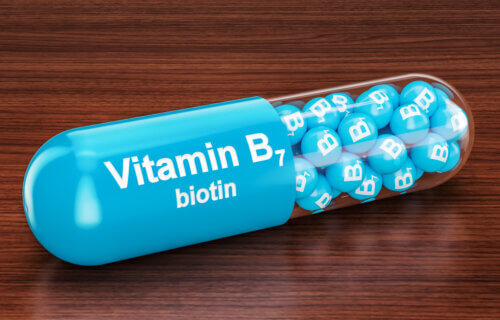Biotin (vitamin B7) had all the spotlight before collagen came and took its place in the hair, skin, and nail health community. In many supplements and beauty products, biotin is a common sight on the ingredient list. Despite this, health professionals don’t actually advise people take biotin unless they receive a medical recommendation for it.
What is biotin?
Biotin is a water-soluble B vitamin that helps your body turn food into energy. It forms glucose and fatty acids, metabolizing the carbs and amino acids you eat as well as breaking down fat. Many common foods like eggs, beans, nuts, seeds, and bananas contain this vitamin.

Should you take a biotin supplement?
Biotin is incredibly abundant in an array of foods, so if you are eating a varied diet, you are likely not lacking in biotin. In fact, biotin deficiency is incredibly rare, so much so that there isn’t sufficient evidence to establish a Recommended Daily Allowance (RDA) or Estimated Average Requirement (EAR) for the vitamin. So far, we just have a Daily Value (DV) of 30 micrograms (mcg) daily. Some of the top food sources of biotin include:
- Eggs: One egg provides 10 mcg of biotin.
- Salmon: One 3-ounce serving provides 5 mcg of biotin
- Beef: One 3-ounce serving of beef provides 3.8 mcg of biotin
- Sweet potatoes: A 1/2 cup of cooked sweet potato provides 2.4 mcg of biotin
Still, biotin is available as a supplement. In the case of biotin deficiency, which could actually be the case if you regularly consume raw egg whites, a biotin supplement could be very useful for correcting this problem. Some research has shown that biotin could be useful for correcting low blood sugar, high blood lipid levels, and maintaining balanced blood glucose levels in people with diabetes.
Will biotin help grow healthy hair, skin, and nails?
Contrary to biotin’s stellar marketing claims, there is no conclusive evidence to support its use for hair, skin, and nail support. Most people get enough biotin through food, so the extra boost from supplementation is not likely to be worth your time or have any substantial impact on beauty.

Are there any risks from taking biotin supplements?
For most, taking a biotin supplement is not harmful. It is not likely to cause any adverse effects when prescribed appropriately or when consumed through the diet. However, if you are on certain medications or have certain medical conditions, it can have a negative impact. For your specific case, be sure to contact your health provider.
Bottom Line
Biotin has long been touted as an effective supplement for enhancing hair, skin, and nail growth. However, no strong medical evidence supports this. Additionally, a supplement isn’t likely to have any meaningful impact given that biotin is found abundantly in several common foods.
You might also be interested in:
- A Dietitian’s Take: If you only take one supplement, this is the one to pick
- A Dietitian’s Take: How To Get The Most Out Of Your Vitamin D Supplements
- Best Collagen Supplements: Top 5 Brands Most Recommended By Health Experts

